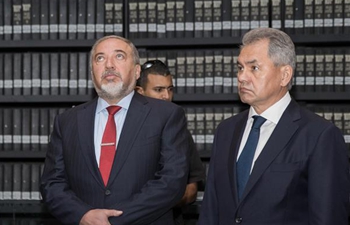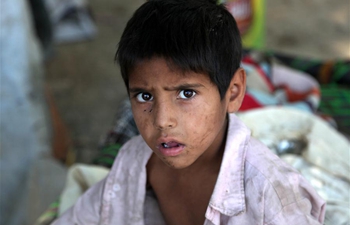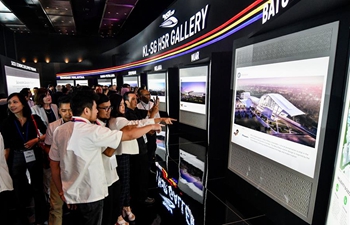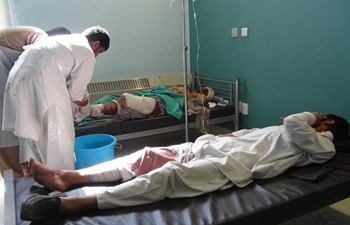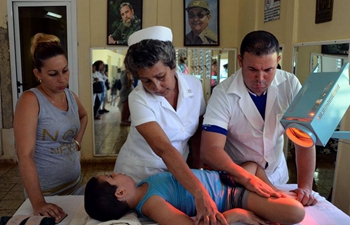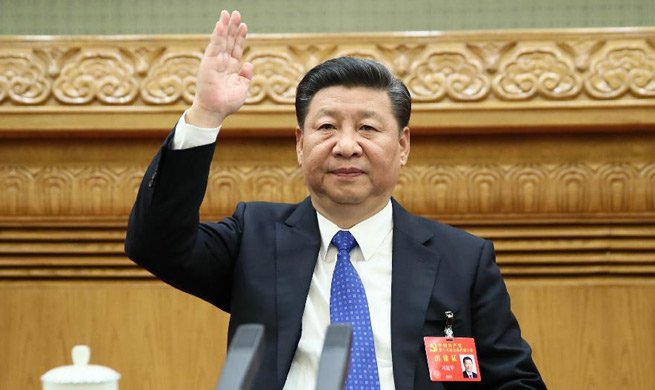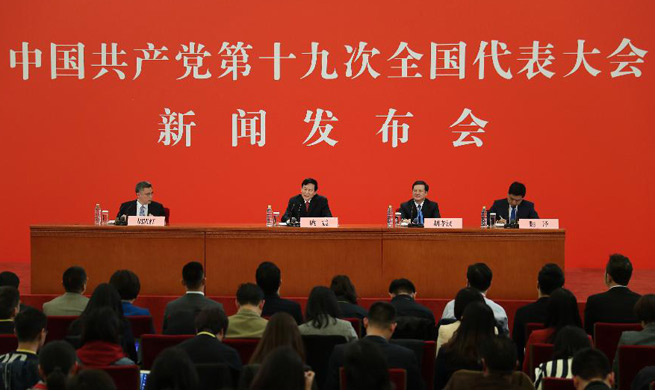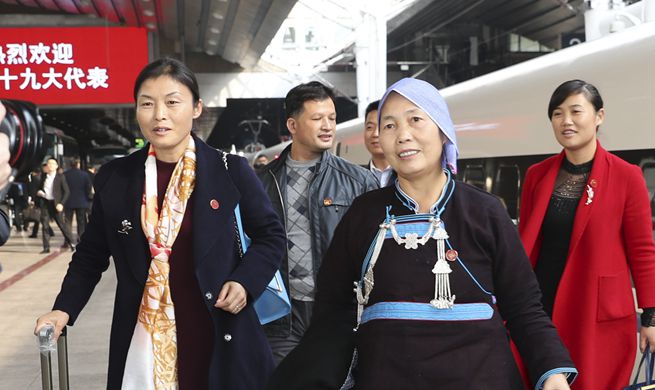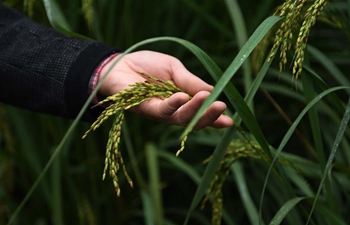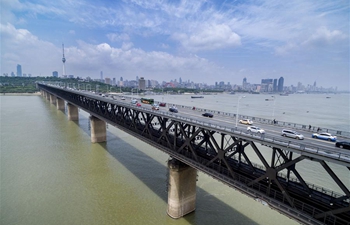JUBA, Oct. 17 (Xinhua) -- South Sudan rebels Tuesday urged the peace deal revitalization process, by regional body Intergovernmental Authority on Development (IGAD), to prioritize root cause of the now weakened 2015 peace agreement.
"There is nothing wrong with the High-Level Revitalization process, but we must capitalize on the factors which affected the 2015 peace agreement," said SPLA-in opposition spokesman William Gatjiath Deng.
The rebels have long been calling on IGAD to ensure that the capital Juba is fully demilitarized to avoid the repeat of the renewed July clash last year, if the peace deal revival efforts are to succeed.
"Yes on our side we agreed that revitalization of the peace agreement must go as it is planned by the international and the regional actors," Deng added.
The High-Level Revitalization process was launched in June, and has already seen a group of prominent foreign ministers from the region shuttling between Juba and South Africa to consult with President Salva Kiir and former First Vice President Riek Machar who is leading the SPLA-IO rebellion.
According to IGAD, several estranged armed groups are to be consulted in this round of peace consultations that serves as the last effort to secure long lasting peace after more than three years of turmoil in the East African nation.
Edmund Yakani, the director of Community Empowerment for Progress Organization (CEPO), told Xinhua in Juba, that the revitalization process should focus on the root causes of the conflict and securing of permanent ceasefire.
"The concept of two armies should be abandoned by strengthening military and police integration and formation that reflect national character," he said.
Yakani added that IGAD should abandon the existing power sharing approach, and replace it with formation of transitional government with mandate of facilitating credible and transparent national elections within the extended period for implementation of the peace agreement.
He also said there is need for setting up military cantonments within respective communities of the armed groups with strong commitment from the armed groups not to use the cantonment sites for enrolling civilians into military.
South Sudan descended into violence in December 2013 after political dispute between President Salva Kiir and his former deputy Riek Machar led to fighting between mostly Dinka ethnic soldiers loyal to Kiir and Machar's Nuer ethnic group.
The 2015 peace agreement to end the violence was again violated in July 2016 when the rival factions resumed fighting in the capital forcing the rebel leader Machar to flee into exile.
The conflict has killed tens of thousands and displaced millions who have sought refuge in neighboring countries.




